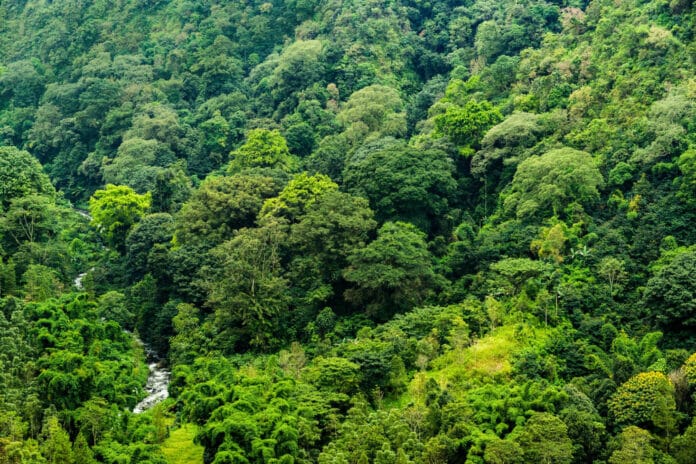Climate change mitigation and biodiversity protection are two important environmental acts that need to be efficiently completed this century, alongside maintaining the food supply for a growing global human population. These three concerns are strongly interrelated through land management systems.
Researchers at the Center for Systems Integration and Sustainability (MSU-CSIS) at Michigan State University have discovered ways for landowners in rural regions to capitalize on win-win situations, whether their property is productive or not.
According to the Brazilian Forest Code, legal reserves are a portion of every private rural property landowners should allow to be covered with natural forest. However, many rural properties do not have the required reserves, referred to as a “deficit.” The globe over, forests that are havens for biodiversity and effective in halting climate change have been converted into agricultural fields.
The new study aims to understand and model ways of balancing climate change and biodiversity-positive forests with farmed lands that have replaced forests.
The economic benefit and influence on food production will be significant if landowners replace agricultural land with natural forests in many locations with a big shortfall in areas with robust food production. However, there is a greater opportunity to store carbon and improve biodiversity conservation in many other locations with legal reserve shortfalls but lower food production requirements.
Ramon Bicudo said, “Using our results, landowners with great deficits in great production areas, instead of “losing” production lands for restoration, can compensate their deficits within other landowners’ properties in other regions within the Amazon biome where food production is low, We believe that the most benefited group can be landowners.”
The new study suggests creating a “green land market” in which the opportunity created by requiring landowners to have legal reserves may create an incentive for landowners to search for the best areas to restore, which will economically benefit regions with lower food production potential through an ecosystem restoration market.
Jianguo “Jack” Liu, Rachel Carson Chair in Sustainability and director of CSIS said, “Research efforts like this one are important for sustainability not only in Brazil but also across the entire telecoupled world because a large amount of food produced in Brazil is exported to distant countries such as China and many European countries.”
The National Science Foundation and Michigan AgBioResearch funded the research.
Journal Reference:
- Yue Dou, Emilio Moran, et al. Balancing food production with climate change mitigation and biodiversity conservation in the Brazilian Amazon. Science of The Total Environment. DOI: 10.1016/j.scitotenv.2023.166681
